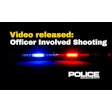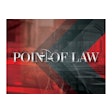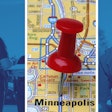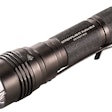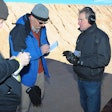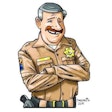Chicago police officers would not be banned from making traffic stops based on minor registration or equipment violations that are designed to find evidence of “unrelated” crimes, under a new policy unveiled Thursday by Chicago Police Department leaders.
The proposed policy “acknowledges” that what the department calls “Pretextual Traffic Stops can be perceived by some members of the community as negative, biased or unlawful, WTTW reports.Therefore, any such use of lawful Pretextual Traffic Stops as a law enforcement or crime prevention strategy must strike a balance between identifying those engaged in criminal conduct and the community’s sense of fairness.”
Officers who stop drivers for improper or expired registration plates or stickers and headlight, taillight and license plate light offenses “must strike a balance between promoting public safety and building and maintaining community trust,” according to the draft policy.
Advocates for police reform have long urged the department to ban pretextual stops, saying their use does not make Chicagoans safer and have been used by CPD officers to target Black and Latino Chicagoans.
The proposed policy represents the first time CPD officials have acknowledged officers are empowered to stop drivers in Chicago on a pretext in order to search for evidence of a more serious crime and should be allowed to continue doing so.










